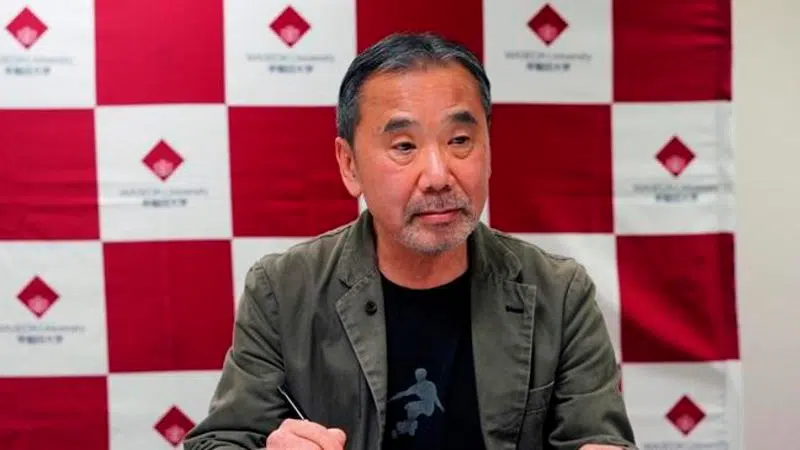
Women, late-in-life new authors expand Japanese literature
TOKYO — The works receiving one of Japan’s most coveted literary awards, the Naoki Prize, have something new in common: For the first time in 85 years, all six of the nominated authors are women.
Japan is home to what many consider the world’s first novel, “The Tale of Genji,” written in the 11th century by noblewoman Murasaki Shikibu. Its modern fiction has been defined mostly by long-established male writers such as past Nobel laureates Kenzaburo Oe and Yasunari Kawabata. And for decades it has been dominated by Haruki Murakami, whose surreal blend of magical realism and pop culture has made him an international bestseller.
But Japanese literature is beginning to look different as new voices, including young writers, women and the elderly, receive domestic and international recognition.
On Friday, two women, Natsuko Imamura and Masumi Oshima, are being presented with the Akutagawa and Naoki prizes. Since 1935 the Akutagawa and Naoki have recognized serious and popular fiction, respectively, and provided their winners with a commemorative watch and 1 million yen (a little under $10,000). Even more valuable is the prestige its winners receive from media attention and, increasingly, a clear path to wider audiences through translation.

